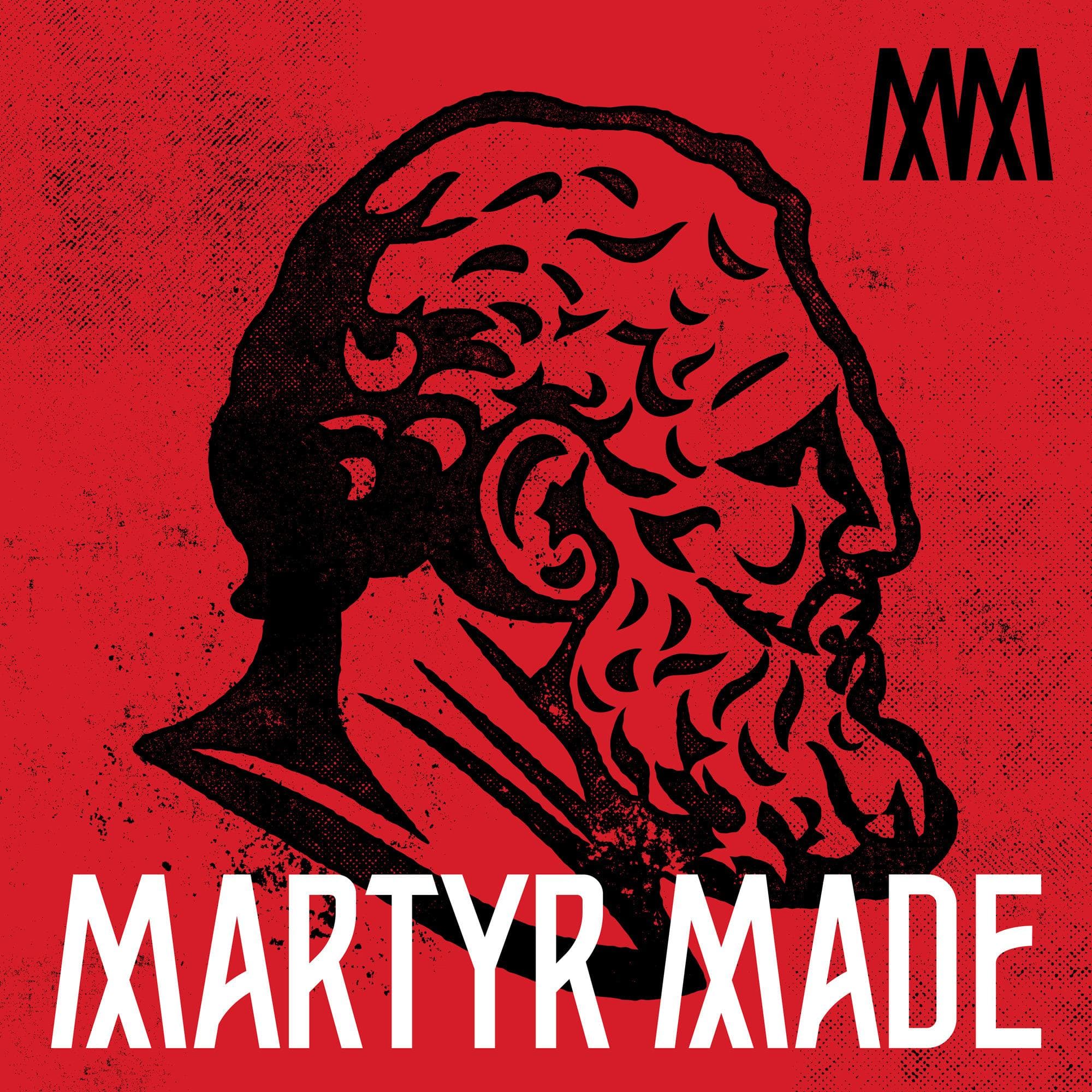
August 31, 2021 • 4hr 58min
#20 – The Underground Spirit
The Martyr Made Podcast

Key Takeaways
- The episode explores the lives and works of 19th century philosophers Friedrich Nietzsche and Fyodor Dostoevsky, who had much in common but ultimately reached very different conclusions
- Both men lost their fathers at a young age, had health problems, and experienced periods of obscurity before gaining recognition
- Nietzsche proclaimed "God is dead" and developed the concept of the Übermensch (superman) who creates his own values
- Dostoevsky explored similar ideas of nihilism and amorality in his novels, but ultimately affirmed Christian faith and values
- Nietzsche admired Dostoevsky's psychological insights but rejected his Christian conclusions
- The episode suggests Nietzsche's philosophy was shaped by his personal struggles and narcissism, while Dostoevsky found redemption through humility
- Nietzsche descended into madness at the end of his life, while Dostoevsky died a respected and beloved figure
Introduction
This episode of the Martyr Made podcast examines the intertwined lives and ideas of Friedrich Nietzsche and Fyodor Dostoevsky, two of the most influential thinkers of the 19th century. Though they never met, their works grappled with similar questions about morality, nihilism, and the human condition in a world without God. The host, Darryl Cooper, explores how their divergent conclusions were shaped by their personal experiences and psychological makeup.
Topics Discussed
Biographical Parallels (6:41)
- Both Nietzsche and Dostoevsky lost their fathers at a young age
- Both suffered from chronic health problems throughout their lives
- Both experienced early success followed by periods of obscurity before gaining wider recognition
- Both had traumatic experiences involving horses that left lasting impressions
Nietzsche's Life and Philosophy (18:23)
- Became youngest ever classics professor in Switzerland at age 24
- Developed close relationship with composer Richard Wagner and his wife Cosima
- Proclaimed "God is dead" and the need for new values in a godless world
- Developed concept of the Übermensch (superman) who creates his own morality
- Criticized Christian morality as "slave morality" that weakens humanity
- Key quote: "I attack only causes that are victorious. I attack only causes against which I cannot expect to find allies."
Dostoevsky's Life and Works (37:54)
- Achieved early success with novel "Poor Folk" at age 24
- Arrested and sentenced to 4 years hard labor in Siberia for involvement with political radicals
- Experienced religious awakening in prison that shaped his later works
- Major novels like "Crime and Punishment" and "The Brothers Karamazov" explore nihilism and moral questions
- Ultimately affirmed Christian faith and values as necessary for human flourishing
- Key quote: "If God does not exist, then everything is permitted."
Nietzsche's Discovery of Dostoevsky (51:15)
- First read Dostoevsky's "Notes from Underground" in 1887
- Recognized Dostoevsky as a "kindred spirit" exploring similar ideas
- Admired Dostoevsky's psychological insights but rejected his Christian conclusions
- Copied passages from Dostoevsky's novels into his notebooks
- Key quote: "Dostoevsky - the only psychologist from whom I had something to learn."
Psychological Analysis of Nietzsche and Dostoevsky (1:04:13)
- Episode suggests Nietzsche exhibited traits of narcissistic personality disorder
- Nietzsche's philosophy may have been shaped by his personal struggles and need for superiority
- Dostoevsky explored narcissism and nihilism in his characters but found redemption through humility
- Dostoevsky's religious faith allowed him to find meaning and purpose despite suffering
The Madness of Nietzsche (1:19:50)
- Nietzsche's mental health deteriorated in late 1880s
- Exhibited increasingly erratic behavior and grandiose delusions
- Suffered psychotic break in 1889 after witnessing horse being beaten
- Spent last decade of life in care of family, unable to communicate coherently
- Key quote: "I am dead because I am stupid. I am stupid because I am dead."
Legacy and Influence (1:37:00)
- Nietzsche's work gained wider audience after his mental breakdown
- Ideas influenced 20th century existentialism, postmodernism, and psychology
- Dostoevsky recognized as one of the greatest novelists of all time
- Psychological insights prefigured developments in psychoanalysis
- Both thinkers continue to be widely read and debated today
Conclusion
The episode presents Nietzsche and Dostoevsky as two towering intellects who grappled with similar questions but reached radically different conclusions. While Nietzsche rejected traditional morality and embraced a philosophy of individual will, Dostoevsky ultimately affirmed the necessity of faith and humility. Their divergent paths are portrayed as stemming not just from abstract philosophical differences, but from their personal psychological makeup and life experiences. The host suggests that Dostoevsky found redemption and meaning through embracing humility and faith, while Nietzsche's narcissism and pride led him down a path to madness. Ultimately, both men left an indelible mark on philosophy and literature that continues to resonate today.